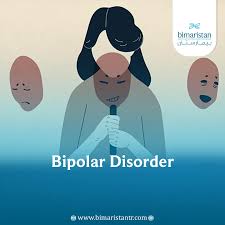
Understanding Bipolar Disorder Specialty Care
What Is Bipolar Disorder?
Bipolar disorder is a mental health condition characterized by extreme mood shifts, including periods of mania or hypomania (high energy, impulsivity, elevated mood) and depression (low energy, sadness, loss of interest). These mood swings can significantly affect bipolar disorder daily life, relationships, and work.
Why Specialized Care Is Important
Managing bipolar disorder requires more than general mental health treatment. Specialists—such as psychiatrists, psychologists, and therapists with experience in mood disorders—provide tailored care that addresses the unique challenges of bipolar disorder. They can also identify co-occurring conditions like anxiety or substance use that may complicate treatment.
Treatment Approaches in Specialty Care
- Accurate Diagnosis: Comprehensive evaluations to distinguish bipolar disorder from other mood or personality disorders.
- Medication Management: Mood stabilizers, antipsychotics, or antidepressants prescribed and closely monitored.
- Therapy and Counseling: Cognitive-behavioral therapy (CBT), interpersonal therapy, and psychoeducation for patients and families.
- Lifestyle and Support Strategies: Sleep management, stress reduction, and structured routines to minimize mood swings.
- Crisis Planning: Developing safety plans and relapse prevention strategies.
Benefits of Bipolar Disorder Specialty Services
Specialists provide continuous monitoring, adjustment of treatment plans, and education for patients and families. This comprehensive approach reduces the risk of relapse, enhances stability, and helps individuals maintain a better quality of life.
Conclusion
Bipolar disorder specialty care empowers individuals with the right tools, therapies, and support to manage mood swings effectively. With expert guidance, those living with bipolar disorder can achieve stability, build stronger relationships, and lead fulfilling lives.
